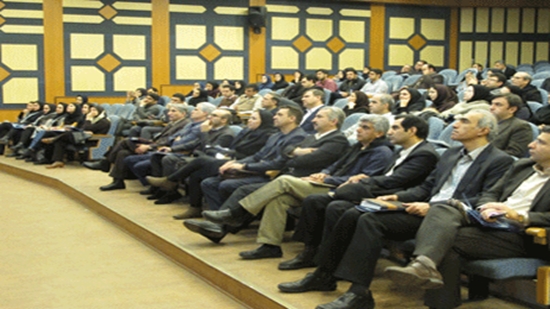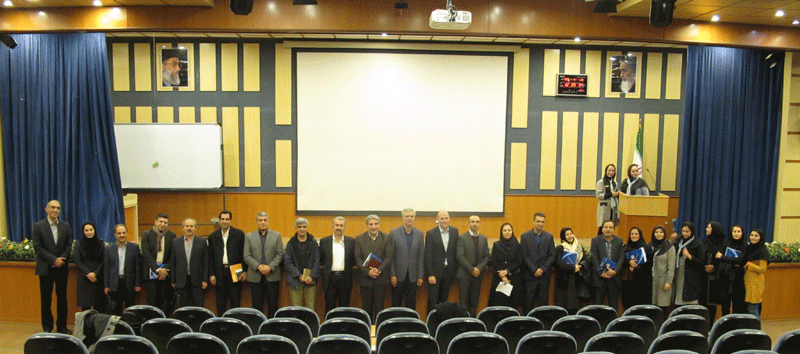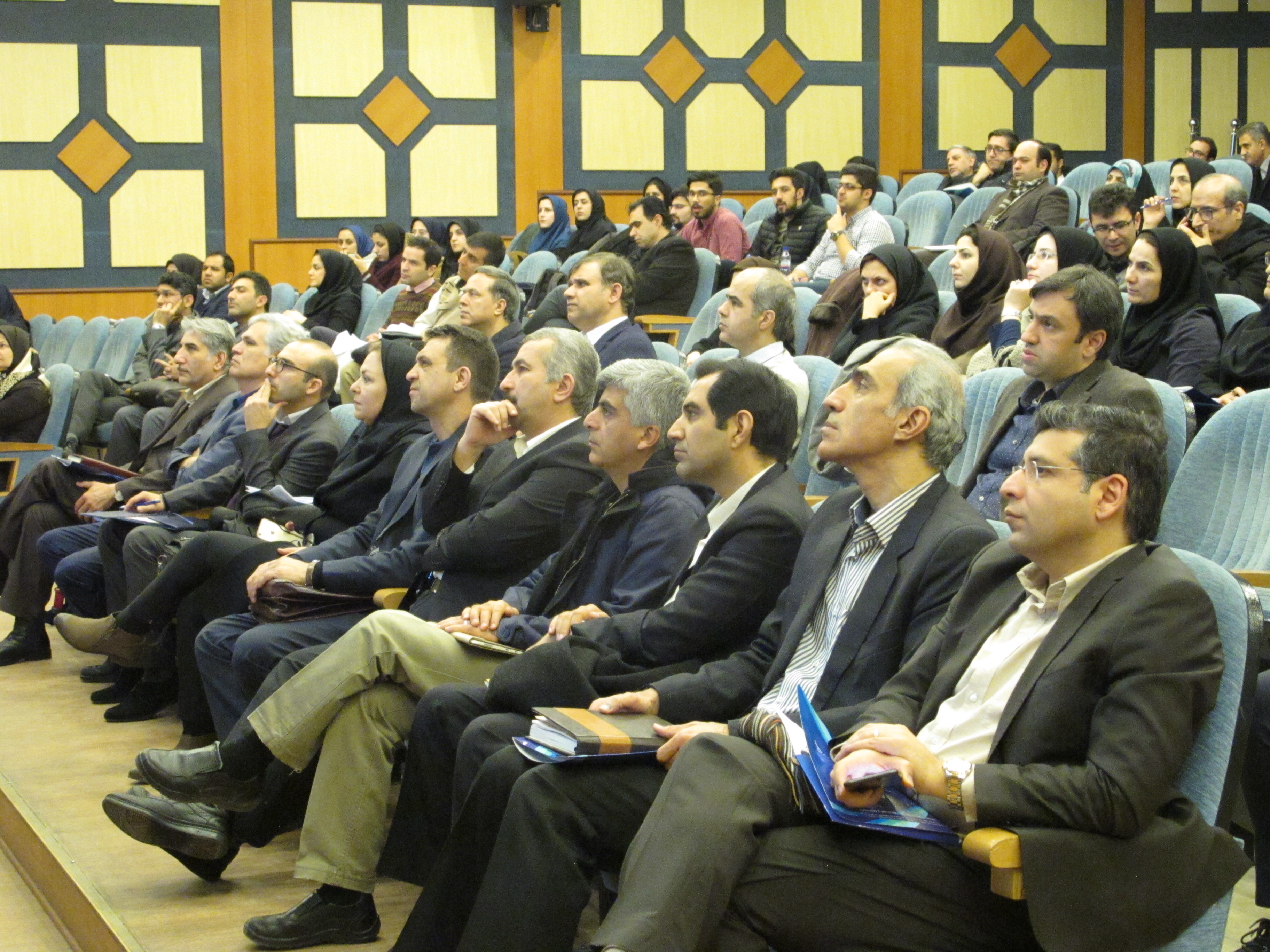2nd Workshop of University Internationalization at Shahid Beheshti University of Medical Sciences


On Tuesday, February 13, 2018, the Vice Chancellor for International Affairs organized the second academic workshop on Erasmus plus and Horizon 2020, detailing the presentation of the European Union and DAAD Institute Scholarship Programs for students and Iranian researchers. This workshop was held in the Ebn-e-Sina Hall at the Medical School and the Vice Chancellor of International Affairs, Dr. Mehrdad Faizi, kicked off the day with his welcoming words
The first presenter, Dr. Tahaei, the Vice-President of the Office for Scientific and European Collaborations of the Ministery of Education and Technology presented all the European scholarship programs including "Marie Curie Actions, Erasmus plus and Horizon 2020". In addition, he explained the specific financial resources of the projects as well as the personal and professional information that must be provided to pass the stock forms.
In these programs, researchers from around the world can participate individually or in multilateral cooperation (with the participation of at least three members of the European Union) to obtain European Union scholarships.

Dr. Tahaei then proposed to researchers planning to move to Europe to take advantage of the programs of the European Research Council (ERC) and Marie Skłodowska-Curie Actions (MSCA) and also defined each program by type of target group.
The target group of the CER includes several categories: fresh researchers, 2 to 7 years after obtaining their doctoral degree (budget €1.5 million), experienced researchers with 7 to 12 years of the experience after the end of their doctoral dissertations (budget €2 million), elite researchers with special scientific achievements (budget €2.5 million), and 2 to 4 senior researchers with a research team relevant and specific expertise, with specific academic and research resources (€10 million). In the latter program researchers can not define a thematic priority and at least 50% of research must be spent in Europe.
A budget of approximately €6.1 trillion was dedicated to the MSCA program to provide scholarships to 25,000 doctoral and post-doctoral students. The details of each class, including the target group, the schedule of upcoming scholarships and the special conditions were explained by Dr. Tahabi.


Later in the day, the second presenter, Dr. Frens Stoeckel, Director of the German Institute for Academic Exchange in Teheran (DAAD), presented the activities of the DAAD Institute, research programs and German technology, short and long terms and conditions to submit scholarship applications and research projects and also financial resources. In this regard, the three-month programs for doctoral students and young researchers, research grants for 2nd year doctorates that plan to go to Germany for all scientific courses, as well as ways to communicate with Germans and submitting projects to win a scholarship were described as examples of the Institute's information plans.
Students and research scientists can find more useful information at the following links.
|
Horizon 2020 |
|
|
http://ec.europa.eu/research/participants/portal/desktop/en/opportunities/index.html |
|
|
http://ec.europa.eu/research/participants/docs/h2020-funding-guide/crosscutting-issues/ethics_en.htm |
|
|
Participant portal |
|
|
Helpdesk |
|
|
Candidates like evaluate experts |
http://ec.europa.eu/research/participants/portal/desktop/en/experts/index.html |
|
Mari Curie Actions |

Comment